Session 1
11:15 am - 11:50 am
Identifying and Measuring Modularity Violations in Cyber-Physical Systems
Dr. Lu Xiao and Dr. Michael Pennock, Stevens Institute of Technology

Nov 19, 2019 8:00am - 5:30pm Washington, DC, United States
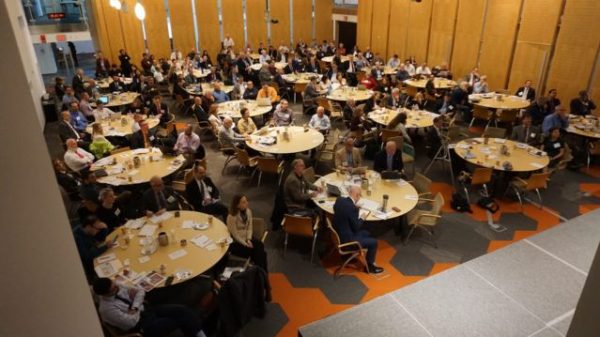
Tuesday, November 19, 2019 8:00 am – 5:30 pm FHI 360 Conference Center 1825 Connecticut Avenue, NW, 8th Floor Washington, DC 20009
The 11th annual SERC Sponsor Research Review unites the government, industry, and academic systems engineering research community in order to share research progress and discuss the most challenging systems engineering issues today. In our two-day event, of which the SERC Sponsor Research Review spans the second day, the review highlighted over twenty ongoing SERC research projects including our most recent incubator projects. Researchers from the SERC universities discussed their research, highlighted results, and described opportunities for government agencies to sponsor and/or participate in their projects. Several of these research projects are ready for pilot use and transition to practice. This year’s SERC Founders Award was bestowed upon a true champion of SERC and systems engineering, Scott Lucero, Acting Director, Engineering Policy and Systems, OUSD (R&E) and long-standing SERC Program Manager. Many thanks again, Mr. Lucero, for your incredible leadership and ongoing efforts to advance the field of systems engineering. Congratulations to this year’s winner of the SERC Doctoral Student Forum (SDSF) 2019 Best Student Presentation award, Tyler Cody from the University of Virginia for his research on “A Systems Theoretic Approach to the Design of Systems with Learning Algorithms.” Attendance is open to government, Federally Funded Research Development Centers (FFRDCs), national laboratories, industry, and academic institutions. Events are free to SERC Collaborators and Government participants; members of non-SERC Universities, FFRDCs, National Laboratories and Industry attendees are charged a nominal fee.
For more event information, please contact Ms. Monica Brito.
Keynote Moderator: Dr. Daniel A. DeLaurentis
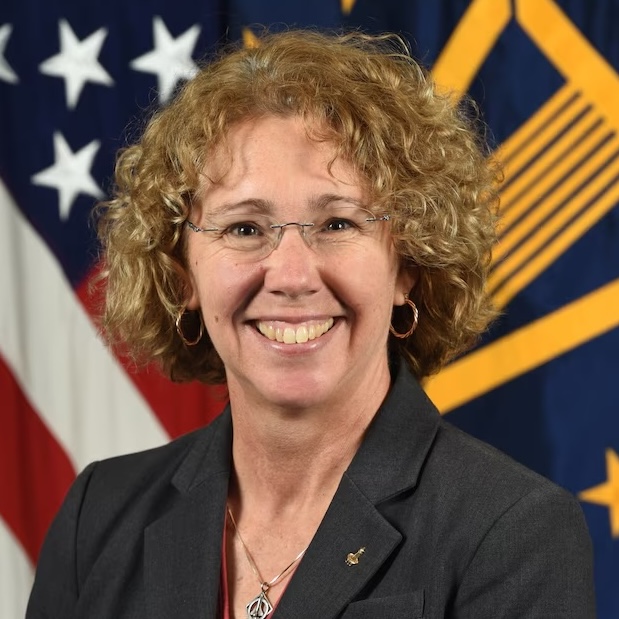
Former Deputy Director for Engineering within the Office of the Under Secretary of Defense for Research and Engineering
View Bio
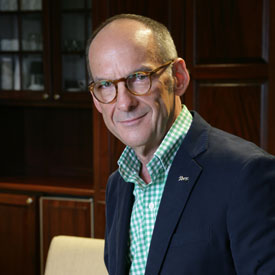
Founder and Chief Executive Officer Emeritus, IHMC
View Bio
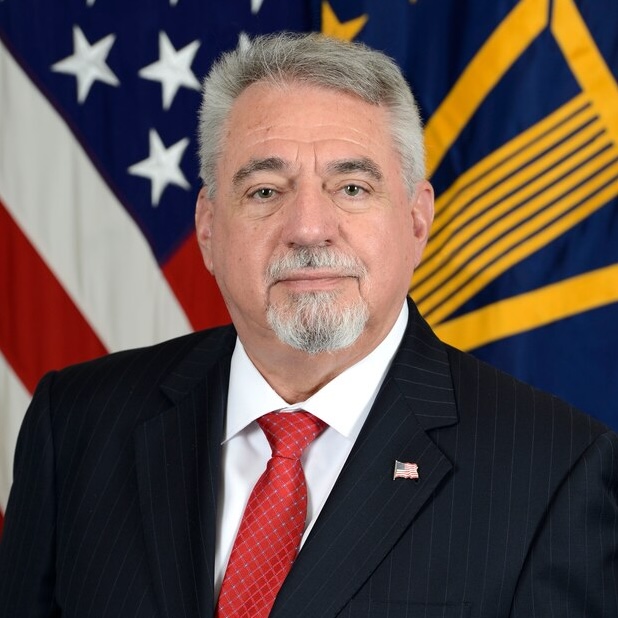
Former Assistant Director of Directed Energy
View Bio
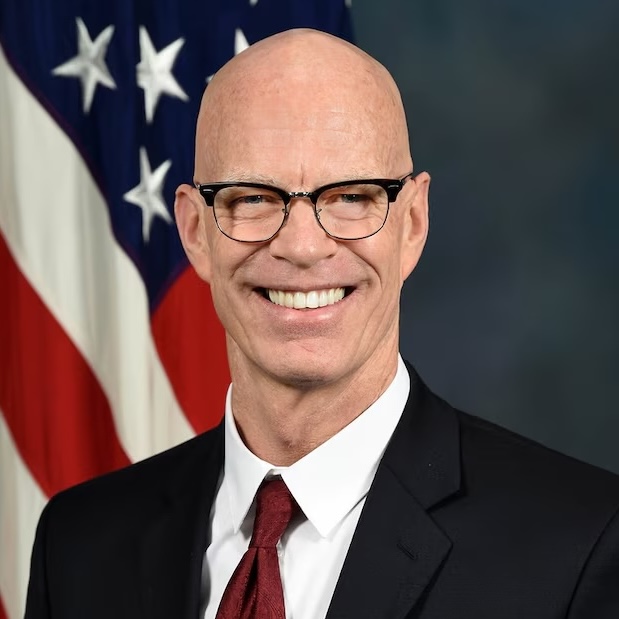
Former Assistant Director for Cyber, in the Office of the Director of Defense Research and Engineering, Research and Technology
View Bio
U.S. Department of Defense Principal Director, Fully Networked Command, Control and Communications, Under Secretary of Defense for Research and Engineering
View Bio
11:15 am - 11:50 am
Identifying and Measuring Modularity Violations in Cyber-Physical Systems
Dr. Lu Xiao and Dr. Michael Pennock, Stevens Institute of Technology
11:55 am - 12:30 pm
Global Positioning Systems – Mission Engineering and Integration of Emerging Technologies
Dr. Michael Orosz, University of Southern California
1:45 pm - 2:20 pm
Verification & Validation (V&V) / Test & Evaluation (T&E) Competencies
Dr. Laura Freeman, Virginia Tech
Models for Efficient Testing (MET)
Dr. Ye Yang, Stevens Institute of Technology
2:25 pm - 3:00 pm
System Design as a Mechanism for Generalization
Tyler Cody, University of Virginia
3:05 pm - 3:40 pm
Systems Qualities Ontology, Tradespace and Affordability
Dr. Barry Boehm, University of Southern California
3:45 pm - 4:20 pm
RT-206: Data science approaches to prevent failures in systems engineering
Dr. Bruno Ribeiro, University of Southern California
11:15 am - 11:50 am
Digital Engineering Metrics
Tom McDermott, Stevens Institute of Technology
11:55 am - 12:30 pm
Systems Engineering Transformation Surrogate Pilot Experiments: Doing Everything in Models to Demonstrate the Art-of-the-Possible
Dr. Mark Blackburn, Stevens Institute of Technology
1:45 pm - 2:20 pm
Model Curation Implementation & Innovation (WRT-1009)
Dr. Donna H. Rhodes, Massachusetts Institute of Technology
11:15 am - 11:50 am
Cyber Security Requirements Methodology: Tools & Transition
Dr. Peter Beling and Dr. Tim Sherburne, University of Virginia
11:55 am - 12:30 pm
Systemic Security and the Role of Hierarchical Design in Cyber-Physical Systems
Dr. Valerie Sitterle, Georgia Tech
1:45 pm - 2:20 pm
Formal Methods in Resilient Systems Design using a Flexible Contract Approach
Dr. Azad Madni, University of Southern California
2:25 pm - 3:00 pm
Methods to Evaluate Cost/Technical Risk and Opportunity Decisions for Security Assurance in Design
Tom McDermott, Stevens Institute of Technology
3:05 pm - 3:40 pm
Game-theoretic Risk Assessment for Distributed Systems (GRADS)
Dr. Paul T. Grogan, Stevens Institute of Technology
3:45 pm - 4:20 pm
Risk-based Approach to Cyber Vulnerability Assessment using Static Analysis
Dr. Barry Horowitz and Tim Sherburne, University of Virginia
11:15 am - 11:50 am
Capstone Marketplace Update – Fall 2019
CAPT William M. Shepherd, Stevens Institute of Technology
11:55 am - 12:30 pm
WRT 1006: Digital Engineering Competency Framework
Dr. Jon Wade, Stevens Institute of Technology
1:45 pm - 2:40 pm
Update on the HELIX project: Understanding organizational attributes that make systems engineering organizations effective
Dr. Pam Burke, Stevens Institute of Technology
2:25 pm - 3:00 pm
Meshing Capability and Threat-based Science & Technology Resource Allocation
Dr. Carlo Lipizzi, Stevens Institute of Technology
3:05 pm - 3:40 pm
Architecting Digital Twins for Model-Centric Engineering: Semantic and Machine Learning Approach
Dr. Mark Austin, University of Maryland
Validation for AI and Autonomous Systems
Dr. Valerie Sitterle, Georgia Tech; Dr. Paul Collopy, University of Alabama in Huntsville; and Ms. Jennifer Petrillo, University of Alabama in Huntsville
WRT-1011: Fostering human learning from cognitive assistants for design space exploration
Dr. Daniel Selva and Gabriel Apaza, Texas A&M University
3:45 pm - 4:20 pm
Next Generation Adaptive Cyber-Physical-Human Systems
Dr. Azad Madni, University of Southern California
2:25 pm - 3:00 pm
SE Business & Analytics
Dr. K.P. (Suba) Subbalakshmi, Stevens Institute of Technology
3:05 pm - 3:40 pm
Approaches to Achieve Benefits of Modularity in Defense Acquisition (WRT-1002)
Dr. Cesare Guariniello, Purdue University
3:45 pm - 4:20 pm
Ecology-Inspired Technique for Resilient Engineered System of Systems Design
Dr. Richard Malak, Texas A&M University
Explaining Model Composability using Causal Graphs
Dr. Michael Pennock, Stevens Institute of Technology
Quantifying Mission Impact for Technology Alternatives
Dr. Eric Weisel, Old Dominion University
SERC Sponsor Research Review 2019
fhi 360
Systems Engineering Research Center (SERC)